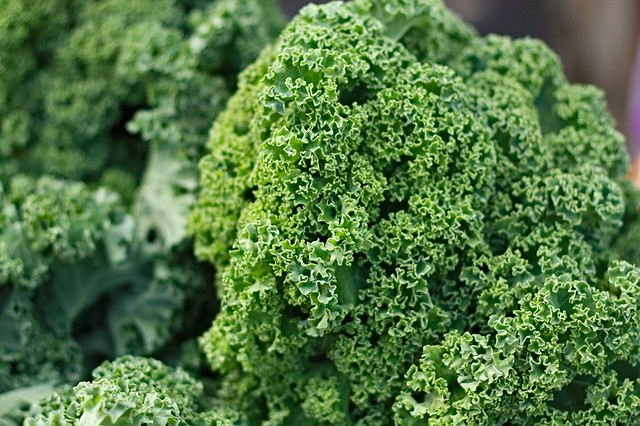Corinne Wittig
Staff Writer
You might have seen it and you most definitely have heard of it. “Kale,” a beneficial superfood, is one of the powerhouses of leafy greens. You’ll often hear health experts recommend this vegetable, highlighting the nutritional benefits and explaining its effectiveness when implemented into your diet.
So what’s the story behind this leafy superfood? What is it that makes kale so valuable to a health conscious lifestyle?
High in proteins and vitamins and low in calories, it is no wonder health moguls have positive things to say about kale. According to Medical News Today, this superfood also reduces health risks and improves health in some cases. “The possible health benefits of consuming kale include improving blood glucose control in diabetics, lowering the risk of cancer, lowering blood pressure, improving bone health, lowering the risk of developing asthma and more.”
At first glance, kale might not seem like anything special. In fact, why not stick to the traditional and cost effective fruits or veggies? However, kale contains more vitamins than an orange fruit in just one cup. The Huffington Post says, “One cup of chopped kale has 134 percent of your recommended daily intake of vitamin C, while a medium orange fruit has 113 percent of the daily C requirement. That’s particularly noteworthy because a cup of kale weighs just 67 grams, while a medium orange weighs 131 grams.”
Although there are certainly beneficial qualities of kale that can’t be ignored, there are a few drawbacks one should keep in mind as well. For instance, because kale is high in vitamins, including Vitamin K, a high intake is potentially harmful as it could cause blood clots. Additionally, eating large amounts of kale has been linked to kidney stones. Wellbuzz says, “kidney stones cause a great deal of pain and can occur if you eat too much kale, so the best way to avoid kidney stones is by alternating the greens that you eat.”
Ultimately, a healthy amount of this vegtable can be helpful and can be a key ingreident in a variety of recipes. And for all the kale lovers out there, it seems that the only negative aspect of this superfood is eating too much of it.

